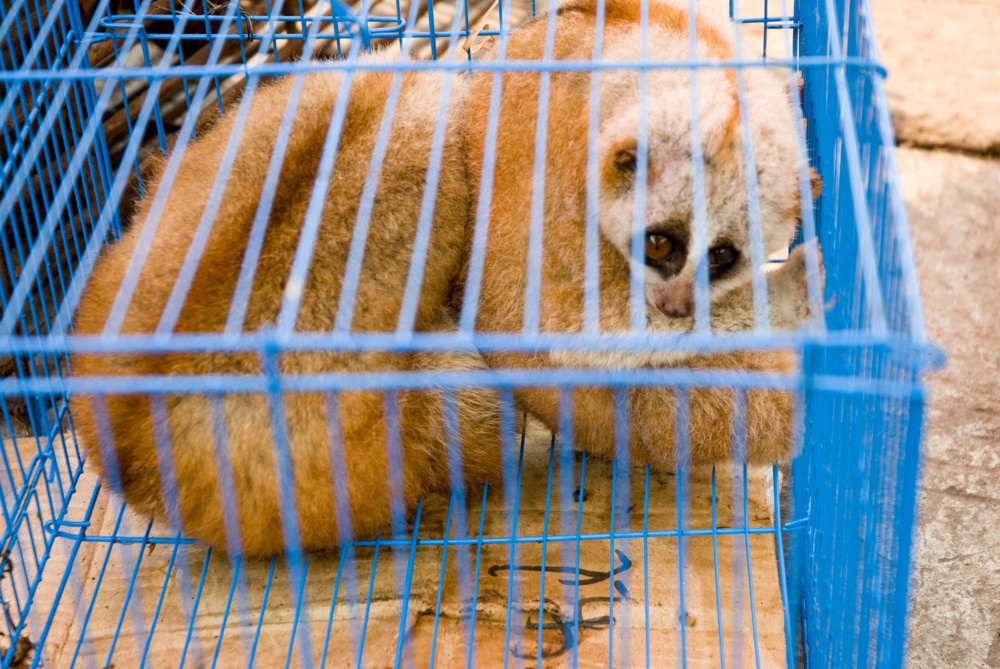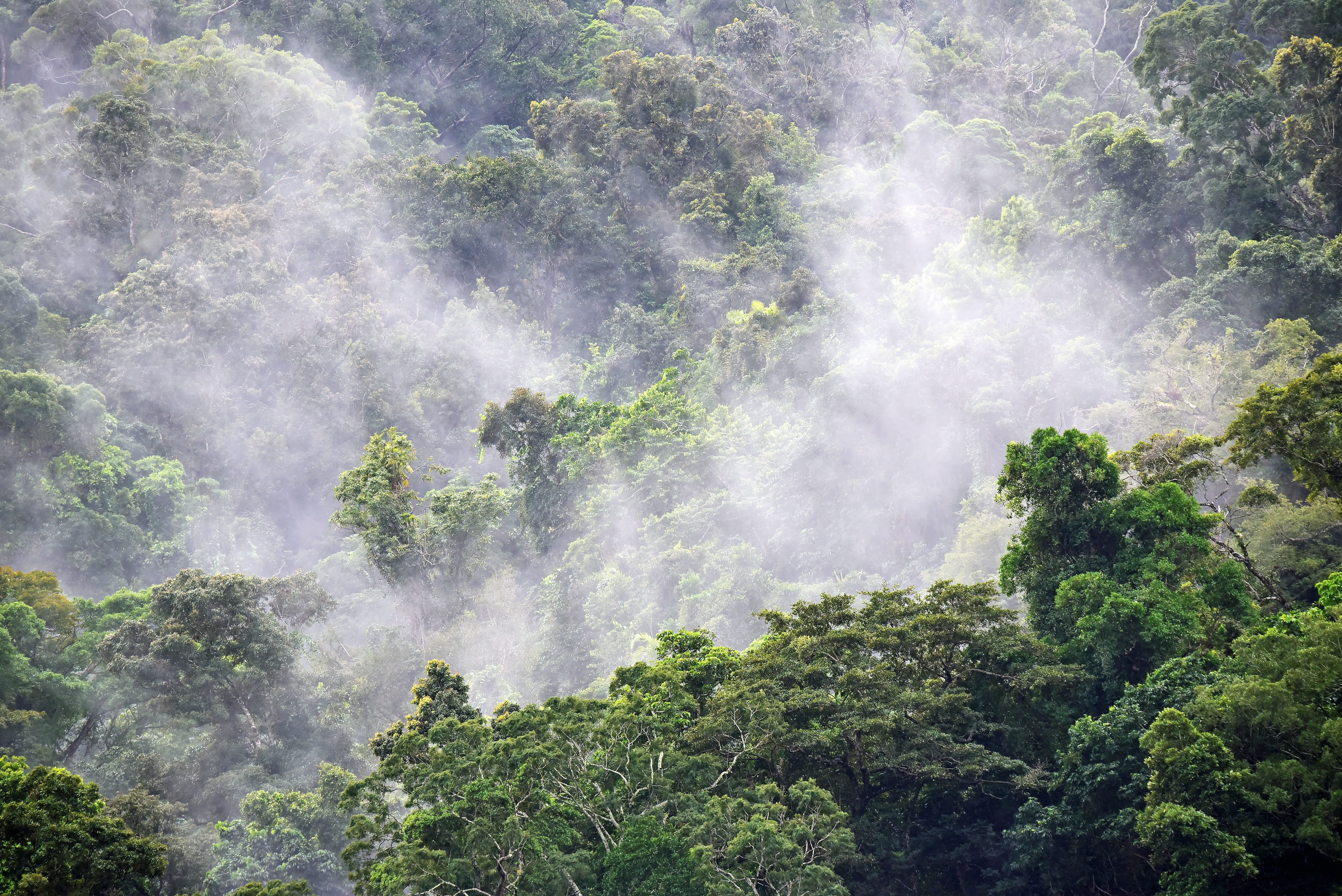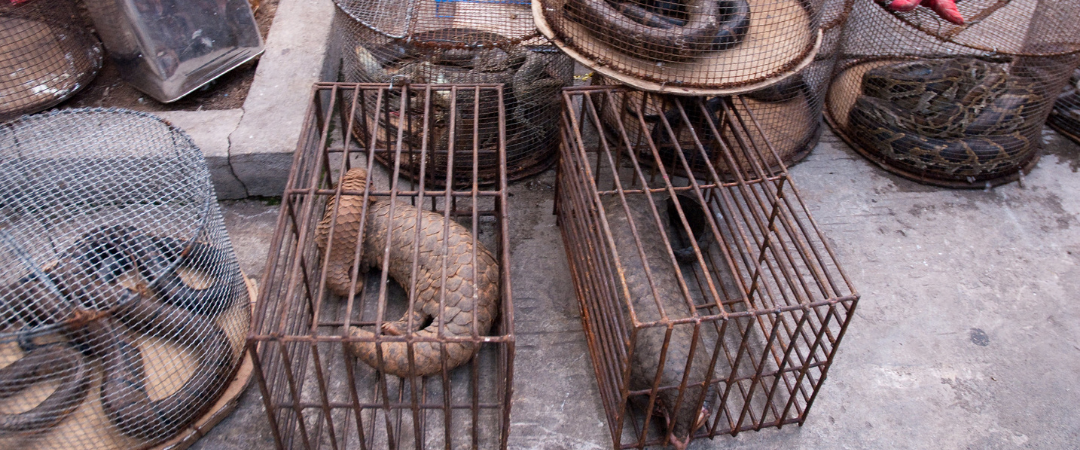
How we can help stop the next pandemic
To protect global health we must do all we can to reduce the risk of another – perhaps more deadly – pandemic following hot on the heels of Covid-19. And that means shutting commercial wildlife markets now and working to halt our destruction of wild places.
As Covid-19 vaccines become more widely available the world is beginning to look towards a future where the virus is under control and we can all return to something like normal.
But while we may be forgiven for wanting to forget the horrors of this pandemic and move on with our lives, we must not forget the stark warning it has given us.
As awful as it was, Covid-19 will not be the last global pandemic – and it may not be the worst.
In late December 2020 the head of the WHO emergencies program, Dr Mike Ryan, confirmed that while the impact of Covid-19 had been “very severe” and affected every corner of our planet it was not necessarily the “big one”.
“This is a wake-up call,” he said. “We are learning, now, how to do things better: science, logistics, training and governance, how to communicate better. But the planet is fragile.”
And he's right: 75% of emergent diseases – such as Ebola, MERS, SARS and many more – have come to us from animals, such as bats.
They have crossed the species barrier in places where humans are in close contact with large numbers of wild creatures, such as commercial wildlife markets.
If “the big one” does come our way it may well emerge from one of the world's crowded commercial wildlife markets where a huge range of species are crammed together to create the perfect nursery for a new pandemic.
We simply cannot take that risk.
The full human and environmental impacts of commercial wildlife markets have been revealed in a recent report from the Environmental Justice Foundation (EJF) and we are calling for a complete global ban.
You can sign our petition here.
But we must go further and fundamentally change our relationship with the natural world. Deforestation and intensive agriculture also increase human contact with animal viruses and make another pandemic much more likely.
The destruction of natural environments, such as rainforests, brings human populations in to dangerously close contact with wild species that may harbour diseases we haven't encountered before.
This cannot go on.
We need a fully green recovery as we rebuild from Covid-19 to stop future pandemics in their tracks.
Governments and corporations need to acknowledge the true cost of the risks we take by pursuing unsustainable food production and the destruction of natural habitats.
That cost is calculated in human suffering, alongside the environmental damage. As Covid-19 has shown, pandemic disease is not only a public health disaster, it is also an economic disaster, spreading poverty and exacerbating inequality and conflict.
The science is clear: as humans destroy biodiversity and dominate ecosystems they increase the risk of disease pandemics such as Covid-19.
“We’ve been warning about this for decades,” says Kate Jones, an ecological modeller at University College London and an author of a study on the topic published in Nature. “Nobody paid any attention.”
Indeed, at EJF we commissioned a study in 2003 in the wake of SARS which warned that China was the most likely candidate for the next zoonotic virus and called for a reduction in consumption of wildlife.
We have had all the warnings we need. Now is the time to act.
SIGN UP FOR OUR EMAILS AND STAY UP TO DATE WITH EJF

